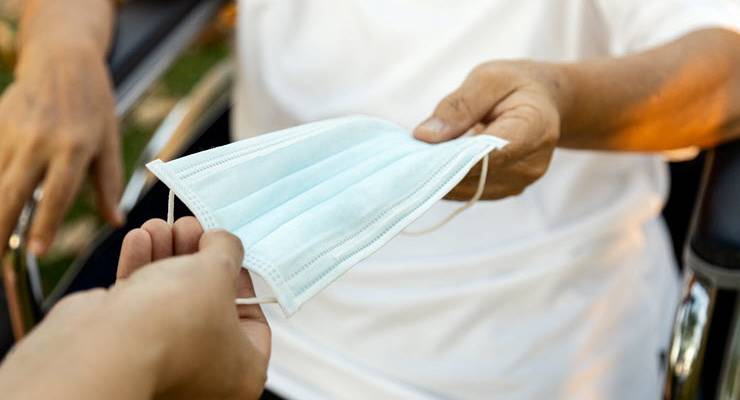
The immune response to COVID-19 is not yet fully understood.
According to the Centers for Disease Control and Prevention; “Patients with MERS-CoV (a similar but different viral infection) are unlikely to be re-infected shortly after they recover, but it is not yet known whether similar immune protection will be observed for patients with COVID-19”.
Can you get coronavirus twice?
At this point, there is no definitive answer.
While there are talks of immunity passports by some governments, this strategy is likely to depend on further findings around whether those who have had coronavirus can be infected again.
When 260 people in Korea tested positive for coronavirus, having already recovered, this led to more concern among scientists and government officials about what it could mean for transmission rates among those who had previously recovered and were no longer self-isolating.
As of April 29, The Korea Herald reported those who tested positive following recovery had tested positive for “dead fragments” of the virus, and not reinfections.
As it stands, the virus is not fully understood. More research is required into the nature of COVID-19 and whether you could be at risk of getting it a second time.
What is the recovery time for coronavirus disease?
The clinical recovery time for coronavirus is two weeks in mild cases, and between three and six weeks for patients who have a severe to critical case, according to the World Health Organization.
If you are worried you have come into contact with someone who has coronavirus, or you are experiencing symptoms of coronavirus, you should call your GP to discuss the best course of action.
Social distancing updates
- New South Wales
- Victoria
- Queensland
- Western Australia
- Tasmania
- South Australia
- Northern Territory
- Australian Capital Territory








Crikey is committed to hosting lively discussions. Help us keep the conversation useful, interesting and welcoming. We aim to publish comments quickly in the interest of promoting robust conversation, but we’re a small team and we deploy filters to protect against legal risk. Occasionally your comment may be held up while we review, but we’re working as fast as we can to keep the conversation rolling.
The Crikey comment section is members-only content. Please subscribe to leave a comment.
The Crikey comment section is members-only content. Please login to leave a comment.